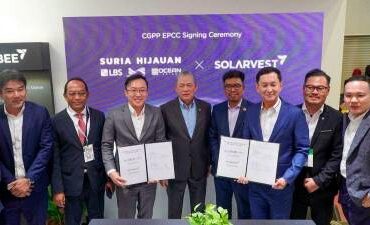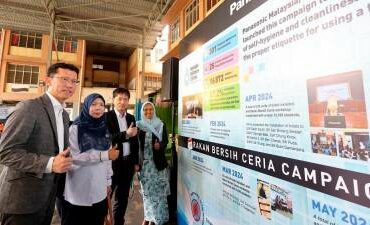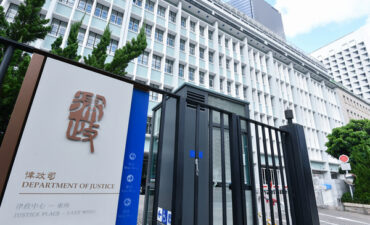CARBON credits are based on the idea of limiting corporate emissions and allowing companies that emit greenhouse gases below the limit to sell their excess quota – in the form of carbon credits – to companies that have exceeded their emissions cap, to offset their excess emissions. This is in line with the global and national transition towards net zero.
With Malaysia targeting net zero by 2050, purchasing carbon credits to offset a company’s own carbon footprint and to combat climate change is slowly gaining popularity, especially for listed companies which must disclose their sustainability efforts.
Leveraging off this, Bursa Malaysia launched the world’s first shariah-compliant voluntary carbon market exchange, Bursa Carbon Exchange (BCX), in December 2022. The platform allows local companies to trade carbon credits from climate-friendly projects and solutions.
The first batch of such carbon credits was auctioned by Bursa Malaysia on BCX in March this year, and featured carbon credits from projects sourced from abroad, specifically, the Linshu Biogas Recovery and Power Generation Project in China; and the Southern Cardamom Project in Cambodia. Those credits were verified by Verra, a leading carbon standard certifier.
While purchasing carbon credits is a good initiative to achieve net zero and is cost effective compared to investing in expensive emission reduction technologies or infrastructure – as demonstrated by the uptick of carbon credit purchase disclosures as part of sustainability reporting, care is needed to ensure purchased carbon credits actually represent a genuine carbon reduction quota.
However, there are risks.
Earlier this year, the Guardian published an article alleging that Verra had grossly overstated the emissions reductions associated with “avoided deforestation” credits. The investigation into the Verra carbon standard allegedly found that only a handful of Verra’s rainforest projects showed evidence of deforestation reduction. Further analysis indicated that 94% of the credits they verified had no benefit to the climate and amounted to phantom credits.
The use of such phantom carbon credits to claim emissions reduction amounts to greenwashing, i.e., the conduct of making untrue or misleading statements or representations about how certain products or investments are environmentally friendly.
In Malaysia now, sustainability statements must be incorporated into listed companies’ annual reports, and must include material sustainability matters; how they are identified; why they are important; how they are managed, including details on relevant policies; measures or actions taken to deal with such matters; and relevant indicators which demonstrate how listed companies have performed in managing such sustainability matters.
Bursa Malaysia also issued a Sustainability Reporting Guide setting out the methodology of measuring and reporting on, among others, greenhouse gas emissions.
Companies are expected to provide balanced, comparable and meaningful disclosures, including presenting information with clarity so users see negative and positive year-on-year trends; distinguishing clearly between facts and the company’s interpretation of the facts; not omitting information concerning negative impact; and not overemphasising positive news or impact.
In addition, they must not present information in a manner that may inappropriately influence the conclusions or assessments of information users.
While greenwashing is yet to become illegal in Malaysia, there are existing laws and regulations that apply to potential greenwashing situations.
False or misleading reporting in annual report sustainability statements, with intention to “greenwash”, contravenes Paragraph 2.18(1) of the Bursa’s Listing Requirements, and may expose company directors to liability.
Separately, the government has announced that it will introduce an ESG Standards Framework aimed at small and medium-sized enterprises by the end of 2023.
It is therefore vital that Malaysian companies – listed or non-listed, educate their stakeholders about carbon reduction tools and ESG reporting standards that are compliant with local laws and, where necessary, obtain legal advice before implementing ESG-related goals, to safeguard the interests of the company, directors and other stakeholders.
This article is contributed by Nikisya Toh of Christopher & Lee Ong (www.christopherleeong.com).









